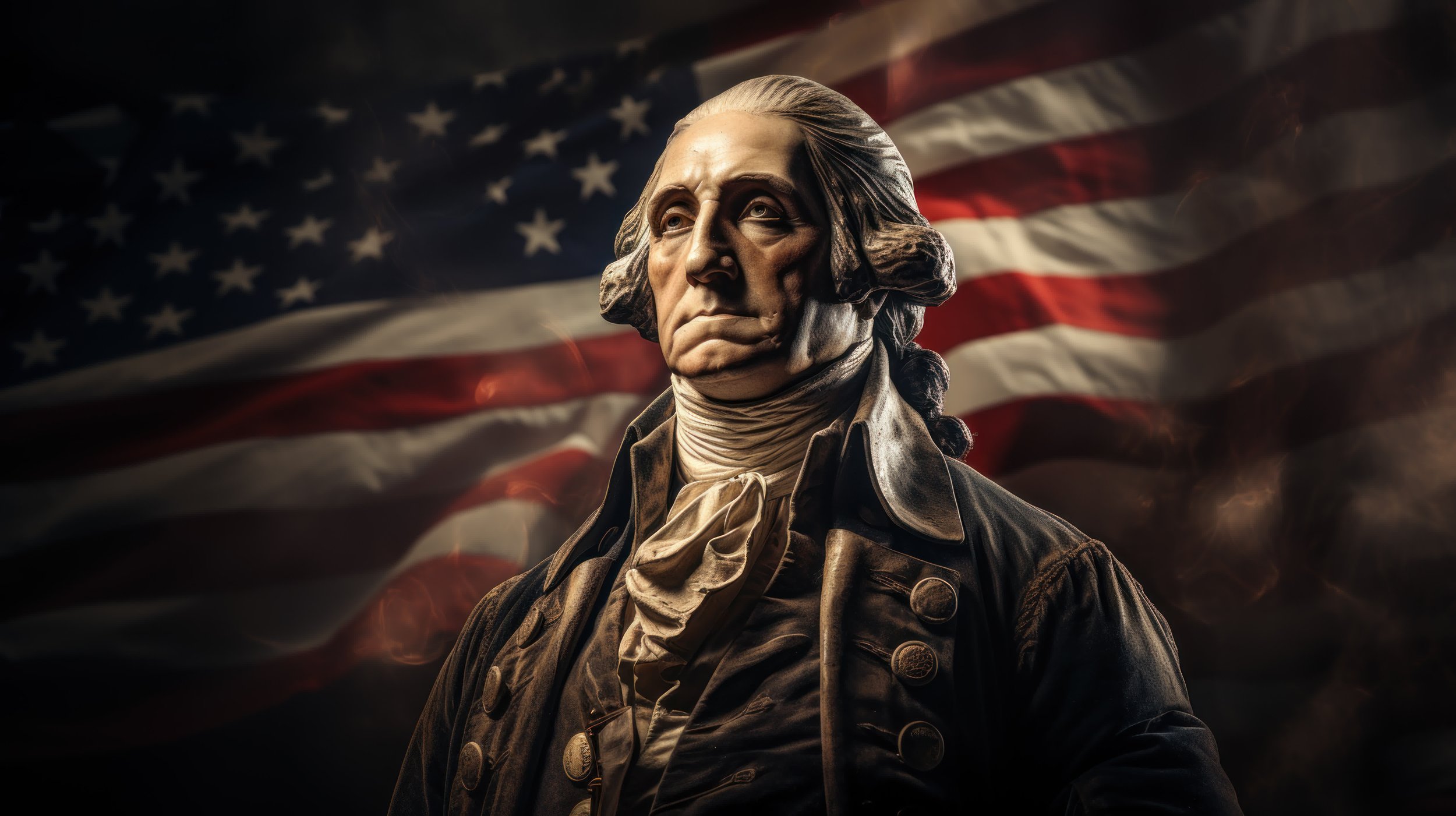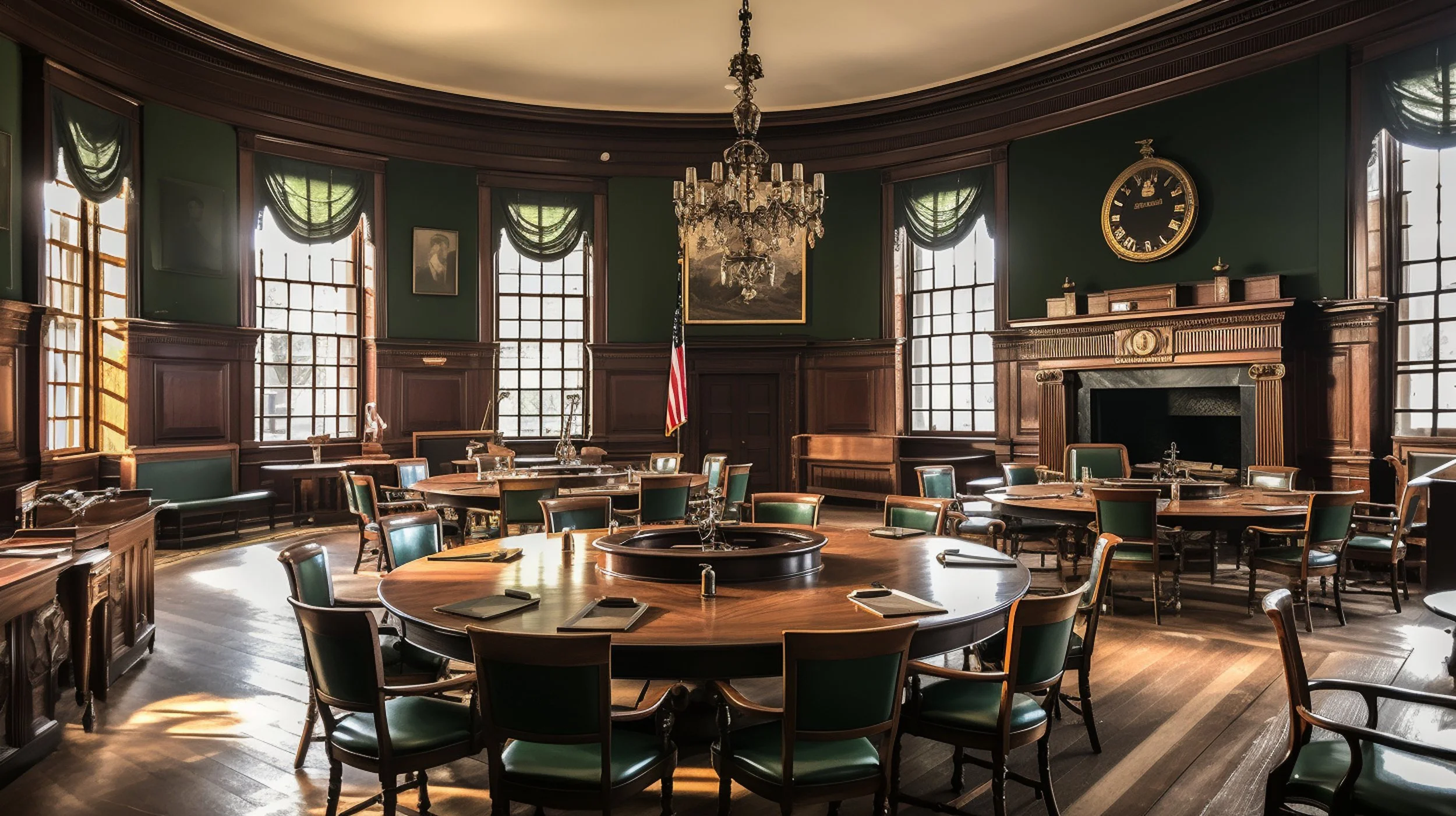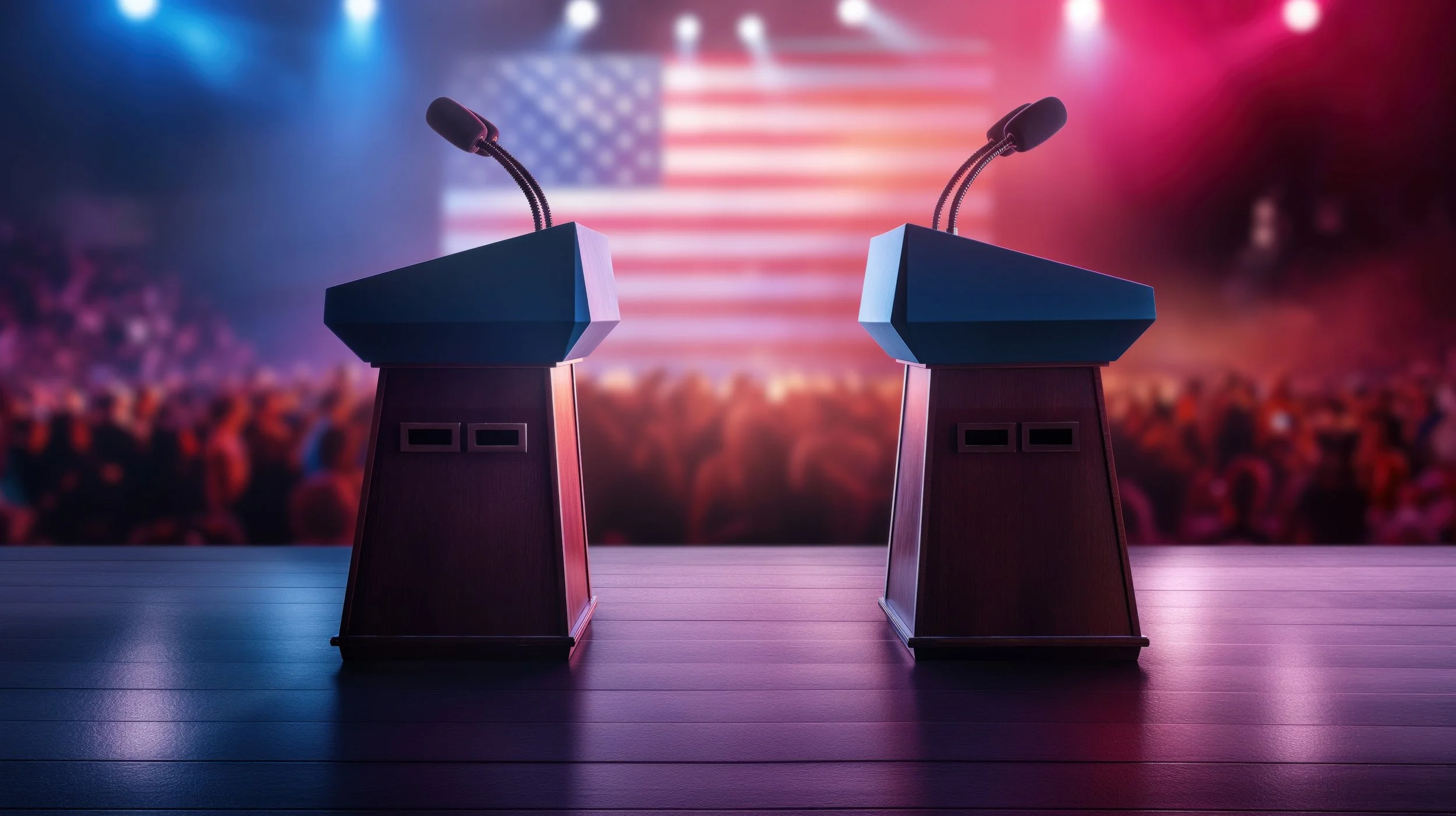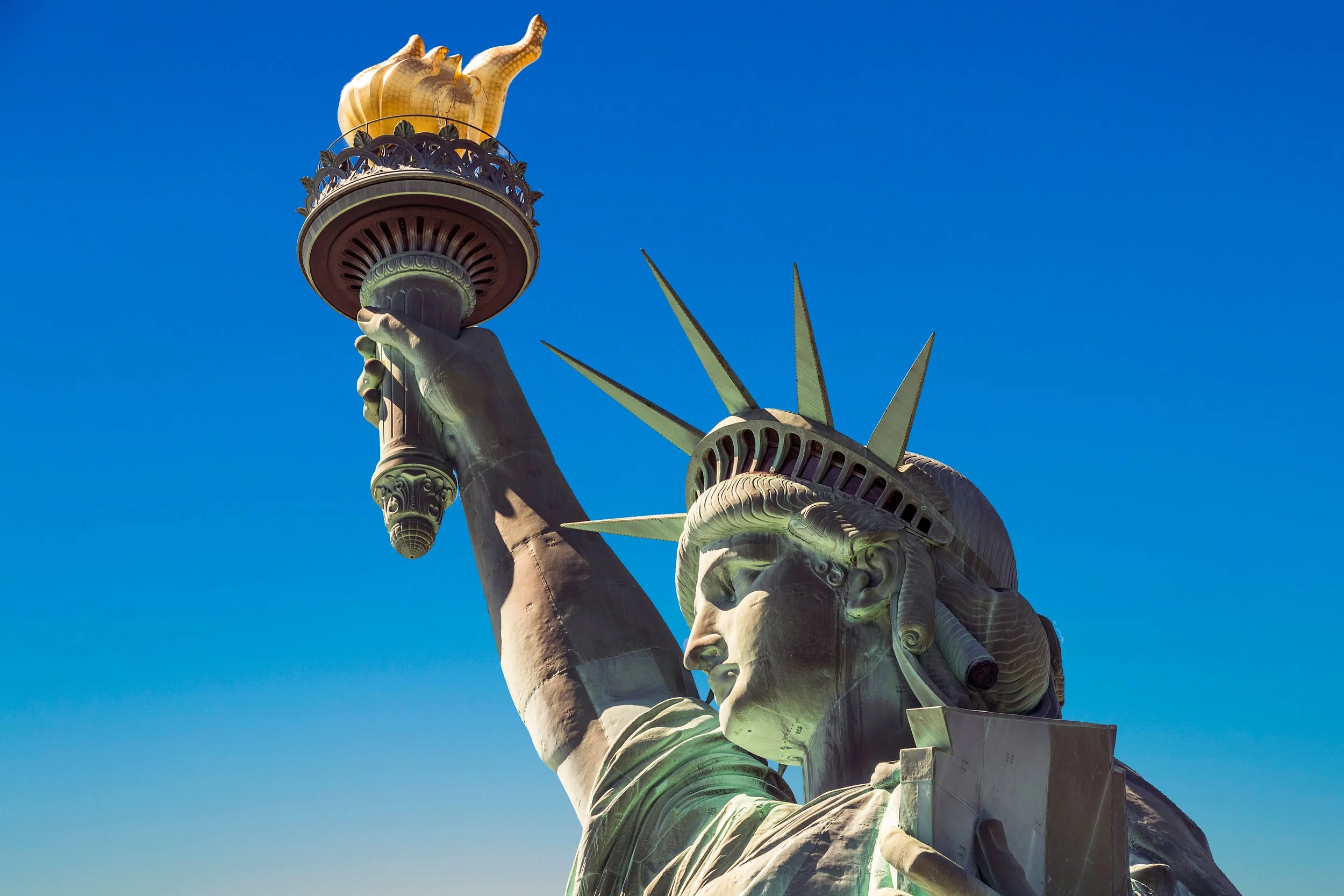Hamilton at Ten
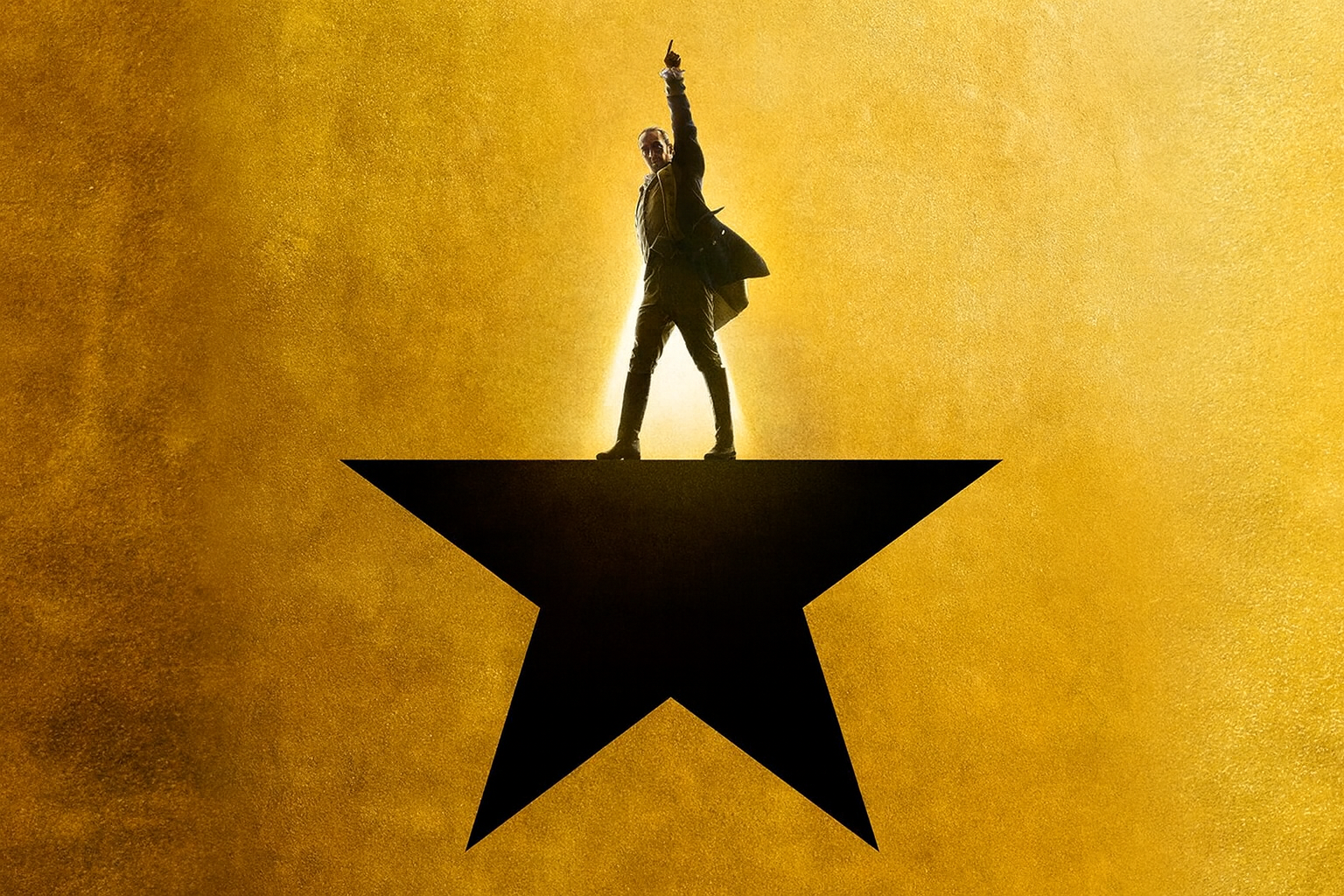
Ben Everidge for Thomas
Photo Credit: Hamilton
Who Lives, Who Dies, Who Tells Your Story …
Ten years ago, Broadway changed forever when Lin-Manuel Miranda’s Hamilton exploded onto the stage. Few plays in American history have been so electrifying in their ability to connect past and present, or so daring in their blend of history, politics, and art. What Miranda achieved was not only a cultural phenomenon. It was a civic one.
A Revolution on Stage
The genius of Hamilton was not simply in its music or choreography, but in its imagination. By casting America’s founding story in a modern idiom - hip hop, R&B, and spoken word- it brought the nation’s first great political experiment to audiences who had never before thought of cabinet debates as battles worthy of stadium energy. What the Federalist Papers were to the 18th century, Hamilton became to the 21st: a persuasive case for engaging deeply with the questions of power, ambition, and legacy in a republic.
Jefferson, Hamilton, and the Clash of Visions
At Thomas Mediazine, we proudly trace our inspiration to Jefferson, the writer of the Declaration and architect of liberty. And yet, even as the play gave Hamilton the starring role, it honored Jefferson too: as a sharp, witty counterweight, the foil who reminded us that America has always been a contest of ideas, not a single voice. The tension between Jefferson’s agrarian vision and Hamilton’s financial nationalism still reverberates through our politics today. Hamilton made that tension entertaining, educational, and unforgettable.
The Playful Irony of History
What set Hamilton apart was not just its reverence for history but its irreverence. Miranda filled the show with ironic clues and playful twists:
“Immigrants, we get the job done” - a raucous cheer line in today’s politics, yet delivered by two men (Hamilton and Lafayette) who fought a revolution as outsiders and became insiders.
Jefferson’s musical swagger - he enters with a jazzy, big-band flair, returning from Paris as though stepping onto the stage of a Harlem club, signaling not just his wit but his distance from the revolution’s grit.
King George’s comic interludes - sung in British Invasion pop style, these numbers mock both monarchy and America’s fledgling republic, reminding us that the empire thought our experiment would collapse under its own weight.
The duel’s choreography - bullets literally slow down onstage, giving the audience time to reflect on the choices Hamilton and Burr make in an instant. Ironically, a play about speed and urgency ends with deliberate pauses that underscore destiny.
The recurring motif of “not throwing away my shot” - the bravado of Hamilton’s ambition becomes tragic when he finally does throw it away, literally, in the duel with Burr.
These ironies gave the production a knowing wink, a reminder that history is not just solemn but also full of paradox, humor, and contradictions.
Who Tells Your Story
The play’s most haunting refrain, “Who lives, who dies, who tells your story,” is as much a warning as it is a tribute. History is not fixed; it is curated, interpreted, and sometimes contested. The fact that a Broadway musical became the nation’s most accessible civics lesson of the decade underscores a truth Jefferson himself would have embraced: democracy thrives only when citizens are educated, engaged, and willing to wrestle with complexity.
A Legacy for a New Generation
Perhaps the most incredible legacy of Hamilton is not its awards or record-breaking box office, but its audience. For a generation of young people, many of whom are disenchanted with politics, Hamilton made the Founders human, flawed, and alive. It demonstrated that democracy is built not by marble statues but by passionate, imperfect people. In a time when cynicism about politics is high, that is no small gift.
Ten Years Later
A decade on, Hamilton remains more than entertainment. It is a reminder that art can shape civic life, that storytelling can renew our sense of national possibility, and that the question of who tells America’s story is still open. As Thomas Jefferson himself might have noted, the experiment is never finished; each generation must rediscover it for themselves.
And perhaps that is the actual achievement of Hamilton. It did not settle the debate between Jefferson and Hamilton. It revived it. It invited us back into the argument. It reminded us that democracy is a living conversation, one worth singing, rapping, and dancing about.
Well done, Lin-Manuel! You and your exceptional cast told the story so well.
